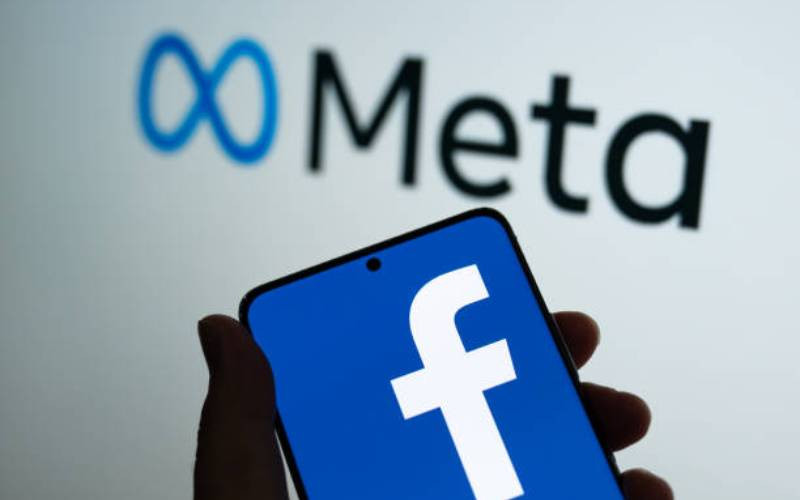×
The Standard e-Paper
Smart Minds Choose Us

National Cohesion and Integration Commission (NCIC) has given Meta, the company that owns the social media platform Facebook seven days to comply with its requirements on hate speech.
Commissioner Danvas Makori said the platform has failed to comply with the Communication Act of Kenya, and NCIC Act on hate speech among other laws of the land.